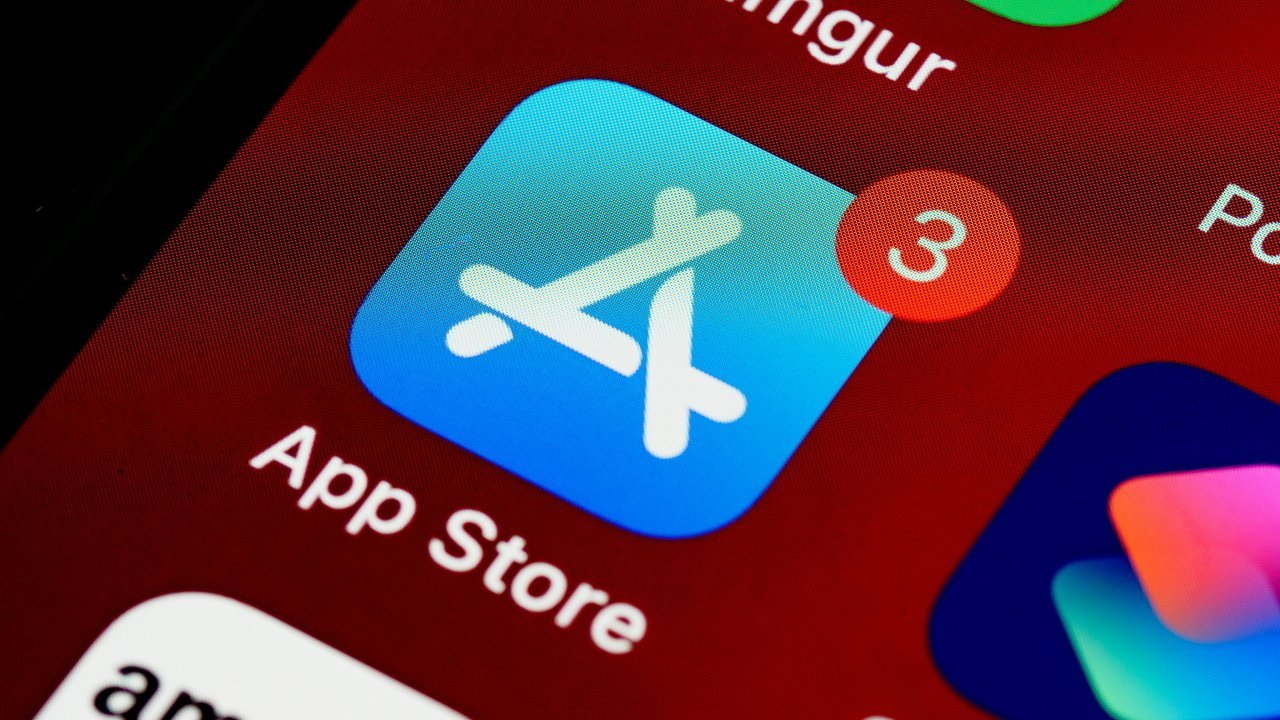After a period of uncertainty, Apple has made it clear that it has crippled Progressive Web Apps in iOS 17.4 in the EU in the name of security and privacy.
When the first iOS 17.4 beta launched, European Union users immediately noticed that Progressive Web Apps, which Apple calls "Home Screen web apps," weren't working right. Further iterations of the beta made this worse, and no changes were made in the most recent beta.
Apple was silent about the issue — until Thursday. In an update to the questions and answers section about the EU changes the company's developer website, Apple has explained what's going on.
And it doesn't look like things will return to how they were in the EU before.
Apple's entire section from the Q&A is repeated below, to avoid any confusion on the matter.
To comply with the Digital Markets Act, Apple has done an enormous amount of engineering work to add new functionality and capabilities for developers and users in the European Union — including more than 600 new APIs and a wide range of developer tools.The iOS system has traditionally provided support for Home Screen web apps by building directly on WebKit and its security architecture. That integration means Home Screen web apps are managed to align with the security and privacy model for native apps on iOS, including isolation of storage and enforcement of system prompts to access privacy impacting capabilities on a per-site basis.
Without this type of isolation and enforcement, malicious web apps could read data from other web apps and recapture their permissions to gain access to a user's camera, microphone or location without a user's consent. Browsers also could install web apps on the system without a user's awareness and consent. Addressing the complex security and privacy concerns associated with web apps using alternative browser engines would require building an entirely new integration architecture that does not currenty exist in iOS and was not practical to undertake given the other demands of the DMA and the very low user adoption of Home Screen web apps. And so, to comply with the DMA's requirements, we had to remove the Home Screen web apps feature in the EU.
EU users will be able to continue accessing websites directly from their Home Screen through a bookmark with minimal impact to their functionality. We expect this change to affect a small number of users. Still, we regret any impact this change — that was made as part of the work to comply with the DMA — may have on developers of Home Screen web apps and our users.
Apple's Progressive Web App Support hasn't been fabulous. Even so, we don't expect critics of the limited support being removed will be particularly happy about the clear notification about the situation.
The removal is odd, given Apple's previous stance on the matter. It has used the existence of the functionality as an anti-trust defense internationally. Still, it says that the "open Internet" is a competitor to the App Store model.
These changes are on top of other controversial changes that Apple is making in the EU App Store with iOS 17.4. While developers can stay on the existing App Store with the 30%/15% fees, there are two other options, including one with lesser percentages charged, but a $0.50 per app install fee charged.
Ultimately, it's not at all clear how this will shake out. Apple has until March 8 to comply with the EU Digital Markets Act. Regulators have not yet commented formally beyond promising "strong action" if what Apple is implementing doesn't fulfill the regulations.
Apple's DMA plans and subsequent complaints
On January 25, Apple revealed its changes that will come into effect from March 2024 to comply with DMA. For all users, Apple will start to notarize all iOS apps, regardless of where they're sold.
Developers will be able to offer their own app marketplace in the EU, but they must be approved by Apple and use a human review process, Those stores are also responsible for their own refunds, but they can use alternative third-party payment processors.
At the same time, Apple is changing its fee structure, reducing the standard commission of 30% down to 17%. For apps that stay within the App Store, there will also be a 3% fee for using Apple's payment processing services.
Controversially, all apps not sold via the App Store will be subject to a Core Technology Fee of 0.50 Euro per first-install of an app annually, waived for the first million installs.
Apple's proposals have, naturally, attracted complaints. Spotify CEO Daniel Ek called the fees "extortion, plain and simple," while Epic Games CEO Tim Sweeney referred to it as "hot garbage" and a "devious new instance of malicious compliance."
 Mike Wuerthele
Mike Wuerthele

-m.jpg)






 Andrew O'Hara
Andrew O'Hara
 Wesley Hilliard
Wesley Hilliard

 Malcolm Owen
Malcolm Owen
 Marko Zivkovic
Marko Zivkovic

 Chip Loder
Chip Loder
 Christine McKee
Christine McKee




-m.jpg)




22 Comments
Apple is using the EU's own reasoning per the "very low user adoption" part. In other words, number of users = level of importance.
Law of unintended consequences.
Once again… go Apple.
If Sweeney and Spotify weren’t narcissistic entitled cry babies Apple wouldn’t be doing any of this.
I’m going to need more popcorn.
We saw this coming miles away.
kudos to Apple for investing so heavily on security. Even in the wake of political power plays, they buckle down, invest the time, money, and effort to keep its customers in as good a place as possible.
I think it’s great the EU is forcing Apple to make their software better
Am in UK so unfortunately won’t benefit from the changes for now